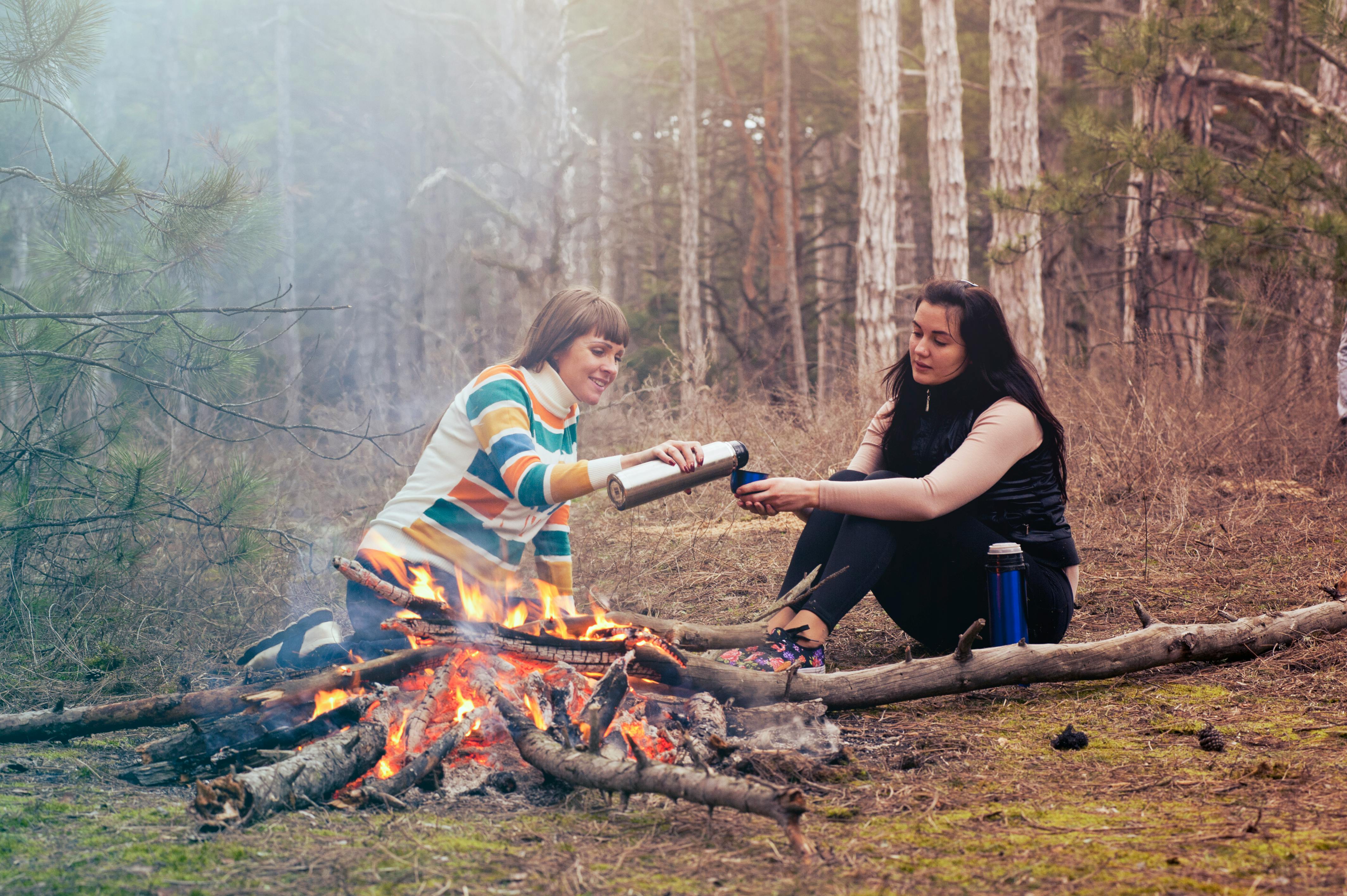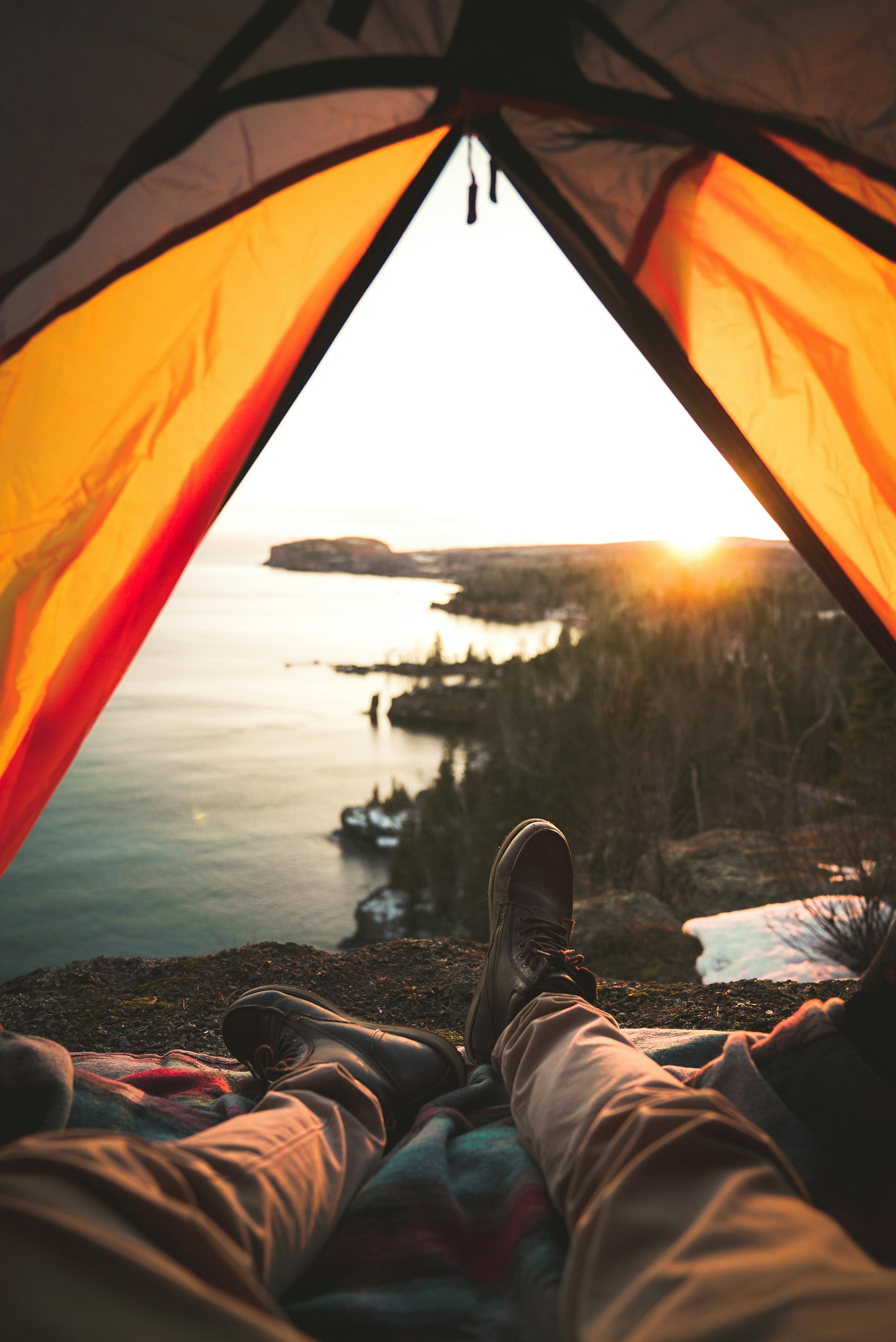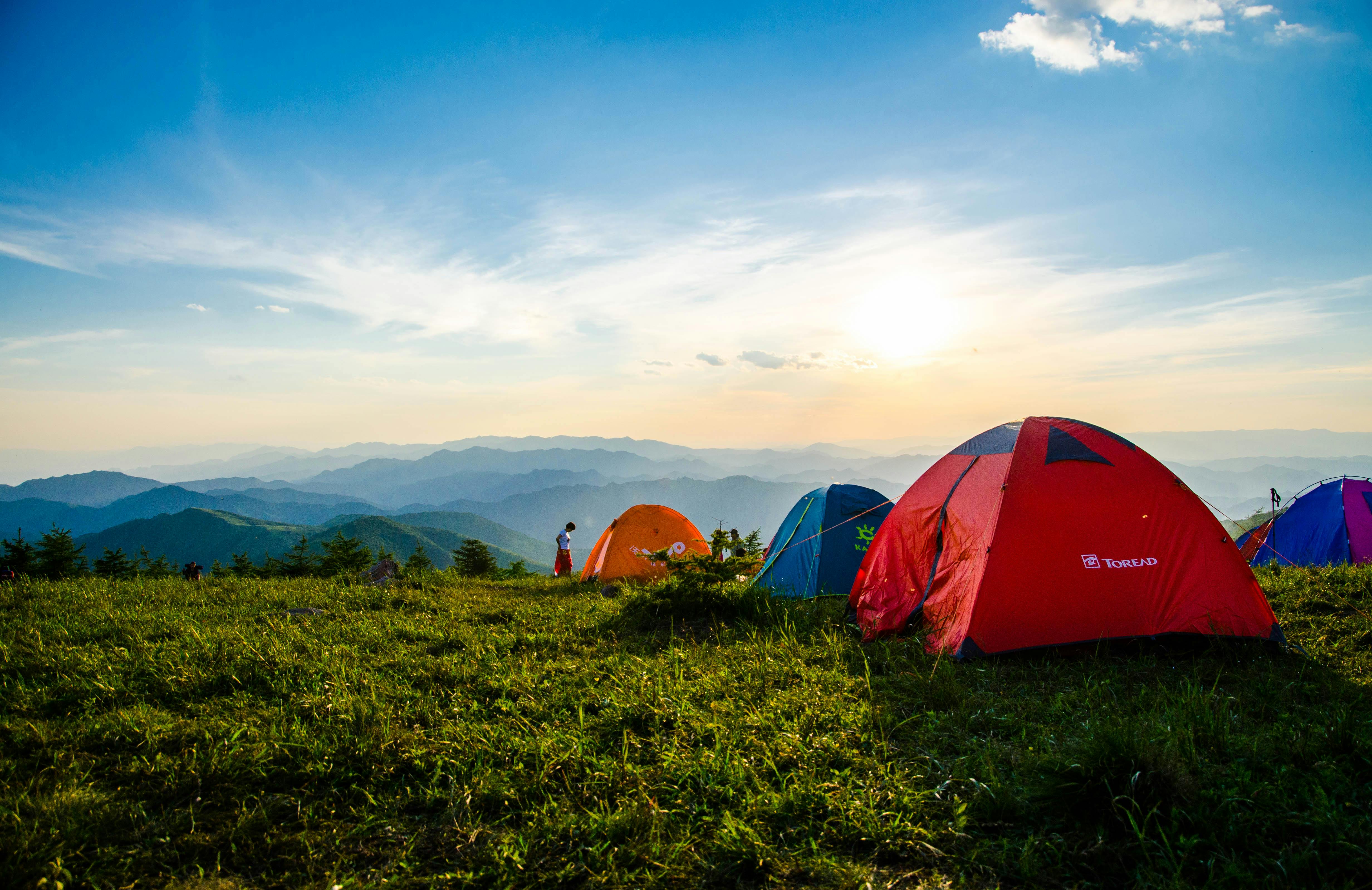20 Campground Etiquette Rules Everyone Should Follow
Are you ready to embark on your next camping adventure and wondering how to ensure a pleasant experience for yourself and your fellow campers? Camping is a wonderful way to connect with nature, but it also comes with responsibilities. Following campground etiquette is essential to maintaining a harmonious environment for everyone. In this article, we’ll explore 20 campground etiquette rules everyone should follow to make their outdoor experience enjoyable and respectful.
Why Is Campground Etiquette Important?
Have you ever arrived at a beautiful campsite only to find it littered with trash or disturbed by noisy neighbors? Campground etiquette is crucial for preserving the natural beauty of camping sites and ensuring a pleasant experience for all campers. Whether you’re a seasoned camper or a first-timer, adhering to these rules will help you be a considerate and responsible camper.
1. Leave No Trace
The Leave No Trace principles are the foundation of good camping etiquette. Always leave your campsite as you found it, or better. Pack out all trash, including food scraps and biodegradable items. Avoid disturbing the natural environment and wildlife.
2. Respect Quiet Hours
Most campgrounds have designated quiet hours, typically from 10 PM to 6 AM. During these hours, keep noise to a minimum to respect other campers who may be sleeping. This includes turning off loud music, keeping voices down, and minimizing any noisy activities.

3. Keep Your Campsite Clean
Maintaining a clean campsite is not only respectful to other campers but also to the environment. Clean up after yourself and your pets, and store food securely to avoid attracting wildlife. A clean campsite also deters pests and keeps the area safe and enjoyable for everyone.
4. Dispose of Waste Properly
Proper waste disposal is essential in a campground. Use designated trash and recycling bins, and never leave garbage or food out overnight. If there are no facilities, pack your waste out with you. Additionally, follow guidelines for disposing of grey water and human waste responsibly.
5. Be Considerate with Lights
Excessive lighting can disrupt the natural ambiance of the campsite and disturb other campers. Use headlamps, lanterns, and campfires responsibly, and turn off unnecessary lights when going to bed. Consider using red lights at night to preserve night vision and minimize disturbance.
6. Respect Other Campers’ Space
Campsites are like temporary homes. Respect other campers’ privacy by keeping a reasonable distance, avoiding walking through their site, and keeping noise levels down. Always ask for permission before entering another camper’s space.

7. Follow Campground Rules
Every campground has its own set of rules. These are in place for the safety and enjoyment of all campers. Familiarize yourself with the campground’s rules and regulations upon arrival, and follow them diligently.
8. Be Fire Safe
Campfires are a beloved camping tradition, but they come with responsibilities. Use designated fire rings, keep fires small, and never leave a fire unattended. Extinguish your fire completely before leaving or going to bed. Follow any fire restrictions in place during dry seasons.
9. Control Your Pets
If you bring pets to the campground, ensure they are well-behaved and under control at all times. Keep them on a leash, clean up after them, and prevent them from disturbing other campers or wildlife. Some campgrounds have specific pet regulations, so be sure to check these beforehand.
10. Respect Nature and Wildlife
Part of the joy of camping is experiencing nature and wildlife. Respect animals by observing from a distance and never feeding them. Avoid picking plants or disturbing natural features. Teach children to appreciate nature without harming it.

11. Use Campsite Facilities Properly
Campground facilities like restrooms, showers, and picnic areas are for everyone’s use. Keep these areas clean and tidy. Don’t hog communal resources and report any maintenance issues to campground staff.
12. Minimize Your Footprint
Consider your environmental impact by using eco-friendly camping gear, reducing waste, and conserving resources like water and energy. Solar-powered devices and biodegradable products are excellent choices for minimizing your footprint.
13. Be Mindful of Group Activities
Group camping can be a lot of fun, but it can also be disruptive if not managed well. Keep group activities within your designated area and be mindful of noise levels. Plan quieter activities during late hours and respect other campers’ need for peace.
14. Respect Campground Boundaries
Stay within the boundaries of your campsite and designated areas. Venturing into restricted or private areas can disturb wildlife and damage the environment. Use established trails and avoid creating new paths.

15. Be Prepared for Emergencies
Safety should always be a priority. Carry a first aid kit, know the location of emergency services, and have a plan in case of an emergency. Familiarize yourself with the campground’s emergency procedures and respect any posted safety signs or warnings.
16. Practice Good Hygiene
Maintaining personal hygiene is important for your health and comfort as well as that of others. Use campground showers and restrooms, and dispose of grey water properly. Wash your hands regularly, especially before handling food.
17. Share Resources Considerately
Campgrounds often have shared resources like picnic tables, grills, and water spigots. Use these resources considerately and share them with other campers. If you’re finished using a shared resource, clean it up and leave it ready for the next person.
18. Be Courteous to Campground Staff
Campground staff work hard to maintain the site and ensure a pleasant experience for all visitors. Be polite and respectful to them, follow their instructions, and report any issues or concerns you have in a courteous manner.
19. Educate Others
If you see someone not following campground etiquette, politely educate them if appropriate. Share your knowledge and experience to help others become more responsible campers. Lead by example, and your actions may inspire others to follow suit.

20. Reflect and Improve
After your camping trip, take some time to reflect on your experience and consider ways you can improve your camping etiquette. Share your insights with fellow campers and continue to learn and grow as a responsible outdoor enthusiast.
Enjoying and Preserving the Great Outdoors
Camping is a rewarding experience that allows us to connect with nature and enjoy the great outdoors. By following these 20 campground etiquette rules, you can help preserve the beauty and tranquility of camping sites for yourself and future generations. So, pack your bags, respect the environment, and embark on your next camping adventure with confidence, knowing you are a considerate and responsible camper.
